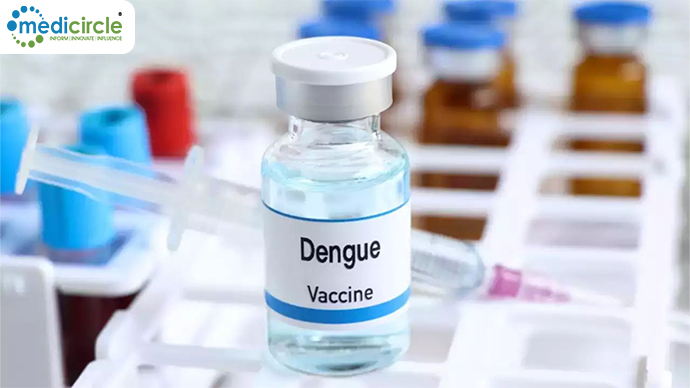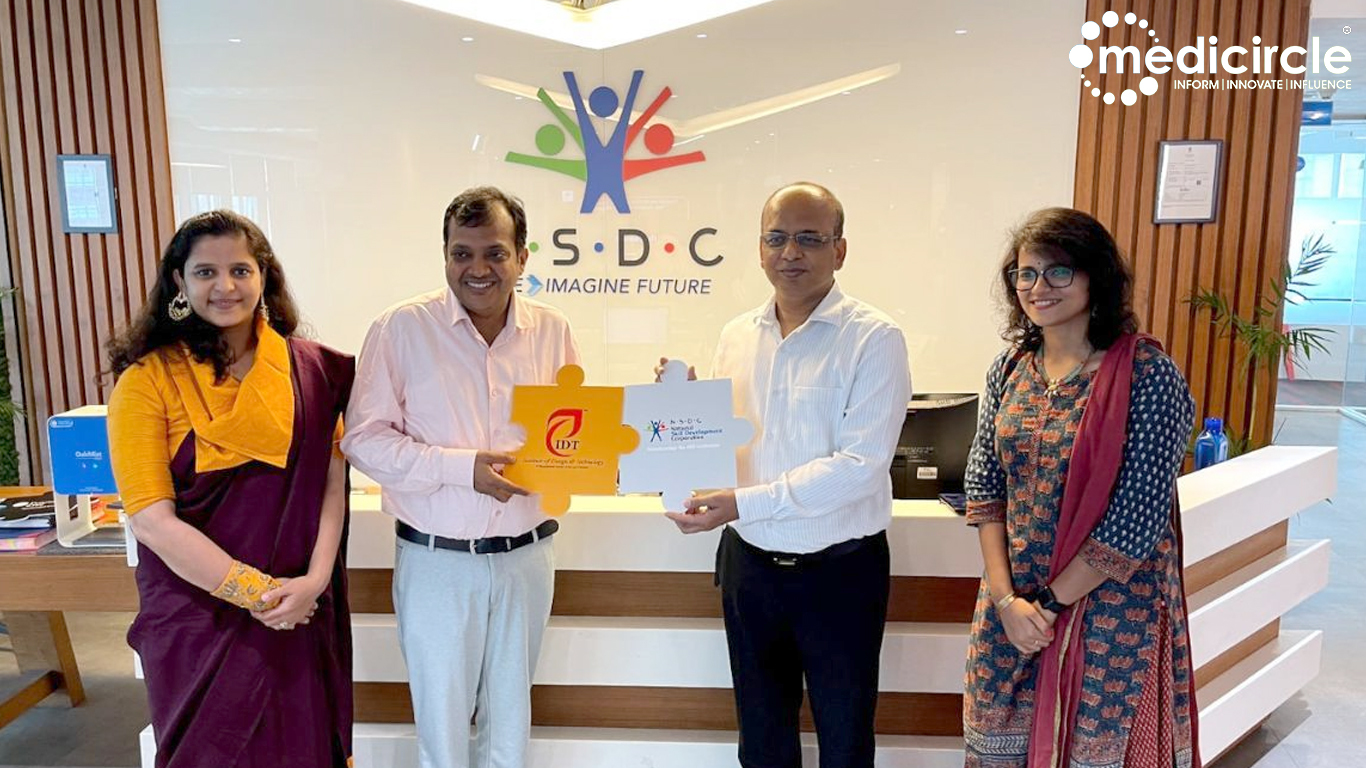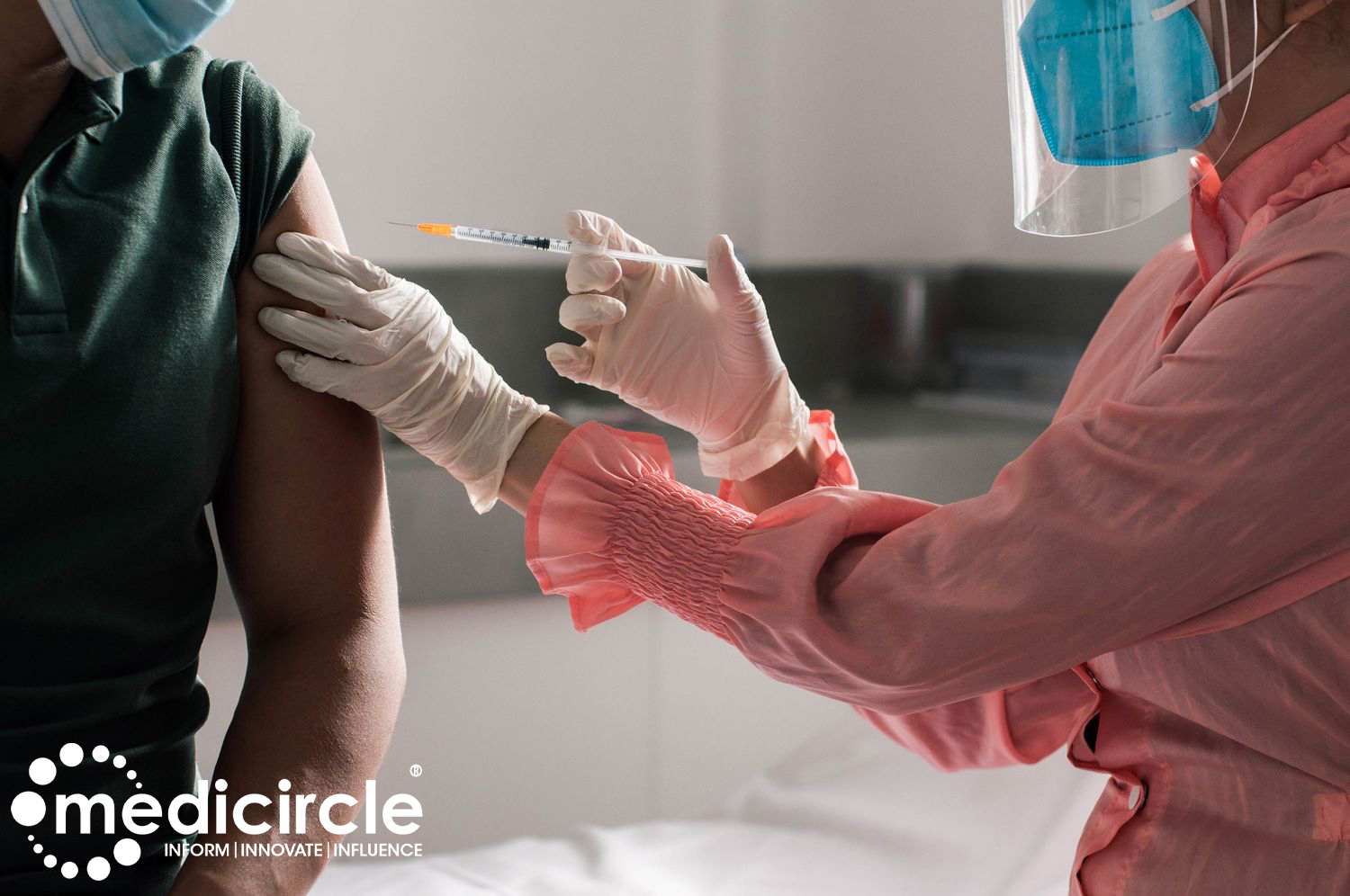A US govt study has apparently found a source to contain Coronavirus spread. It suggests that sunlight, heat, and humidity can docile the virus spread, according to a public health official of the Donald Trump Administration.
Arrival to this conclusion by the Science and Technology Directorate of the US Department of Homeland Security, which was announced during a White House news conference on Coronavirus, could be a favorable finding for India trying containing the COVID-19 spread.
"Coronavirus dies at a much more rapid pace when exposed to sunlight and humidity. The virus dies the quickest in direct sunlight. Isopropyl alcohol will kill the virus in 30 seconds," Bill Bryan the Under Secretary of Homeland Security for Science and Technology, was reportedly quoted saying by the White House reporters in the presence of President Donald Trump.
Bryan further divulges that that solar light and humidity appear to have a powerful effect on killing the virus both on surfaces and in the air.
The deadly virus has thus far has taken a toll of more than 188,000 people globally and infected 2.6 million, is dying at a hasty pace just from exposure to higher temperatures humidity, he said referring to the study.

 This could be a favorable finding for India trying containing the COVID-19 spread
This could be a favorable finding for India trying containing the COVID-19 spread






.png)
.png)











.jpeg)



















.jpg)
.jpeg)